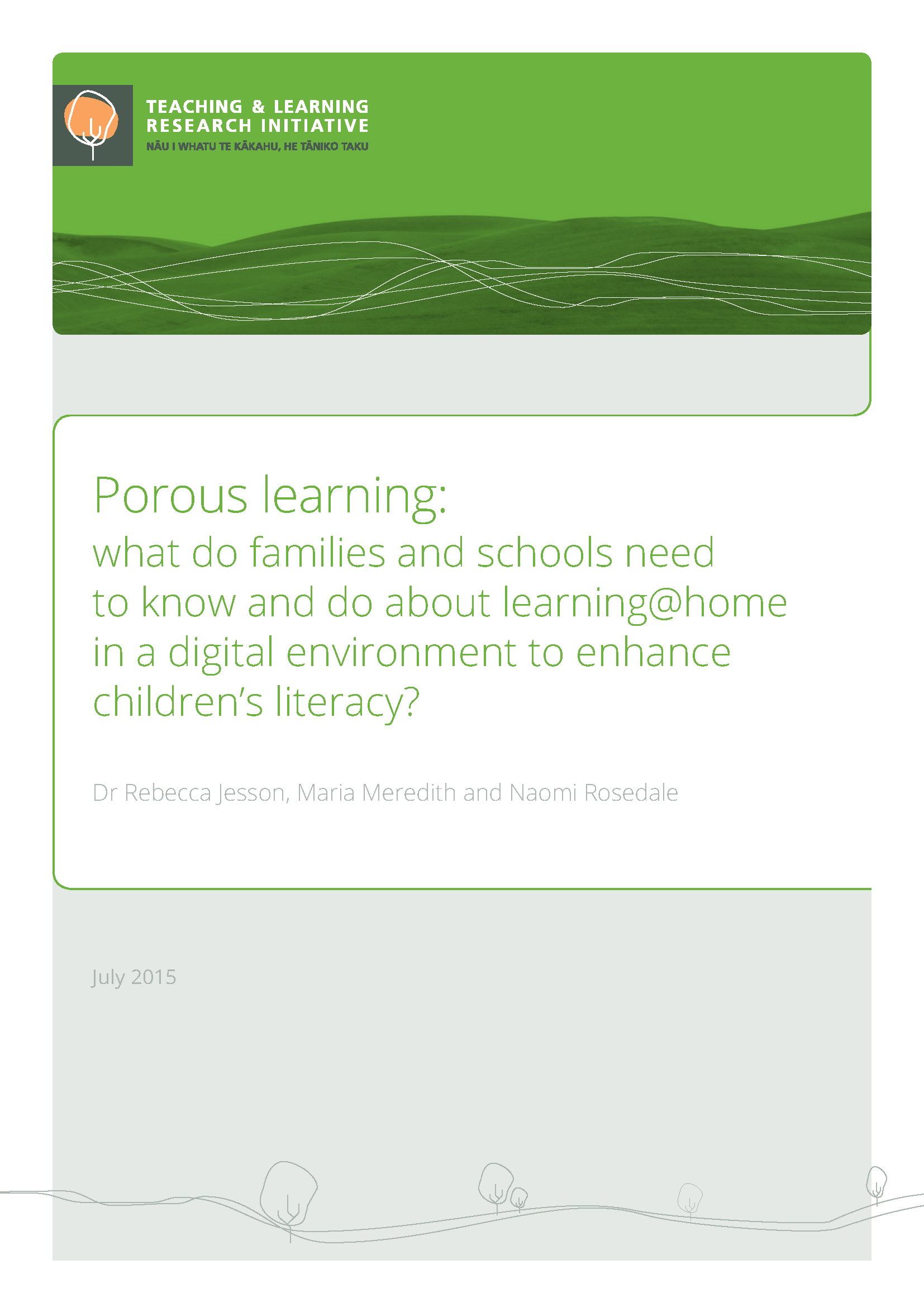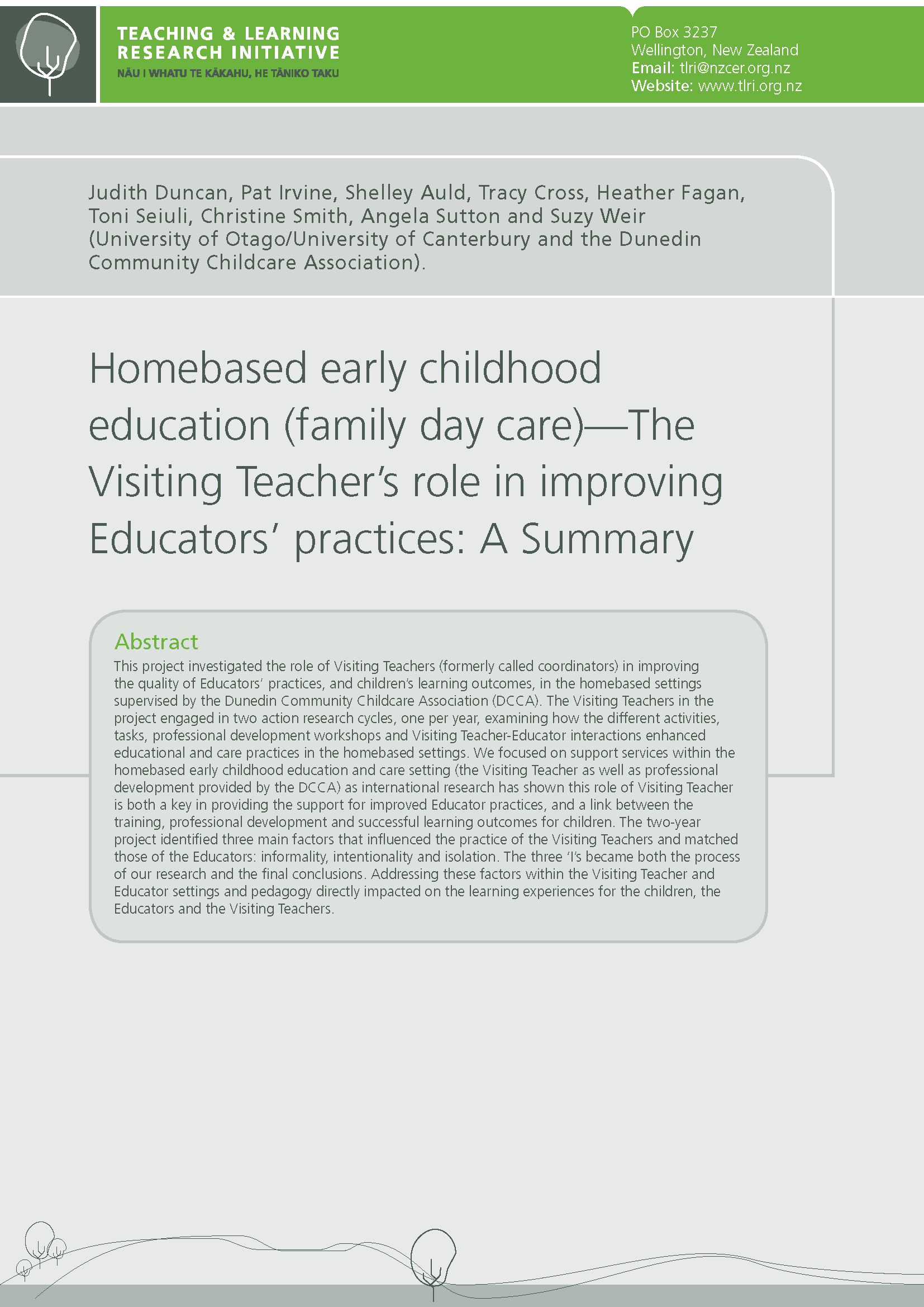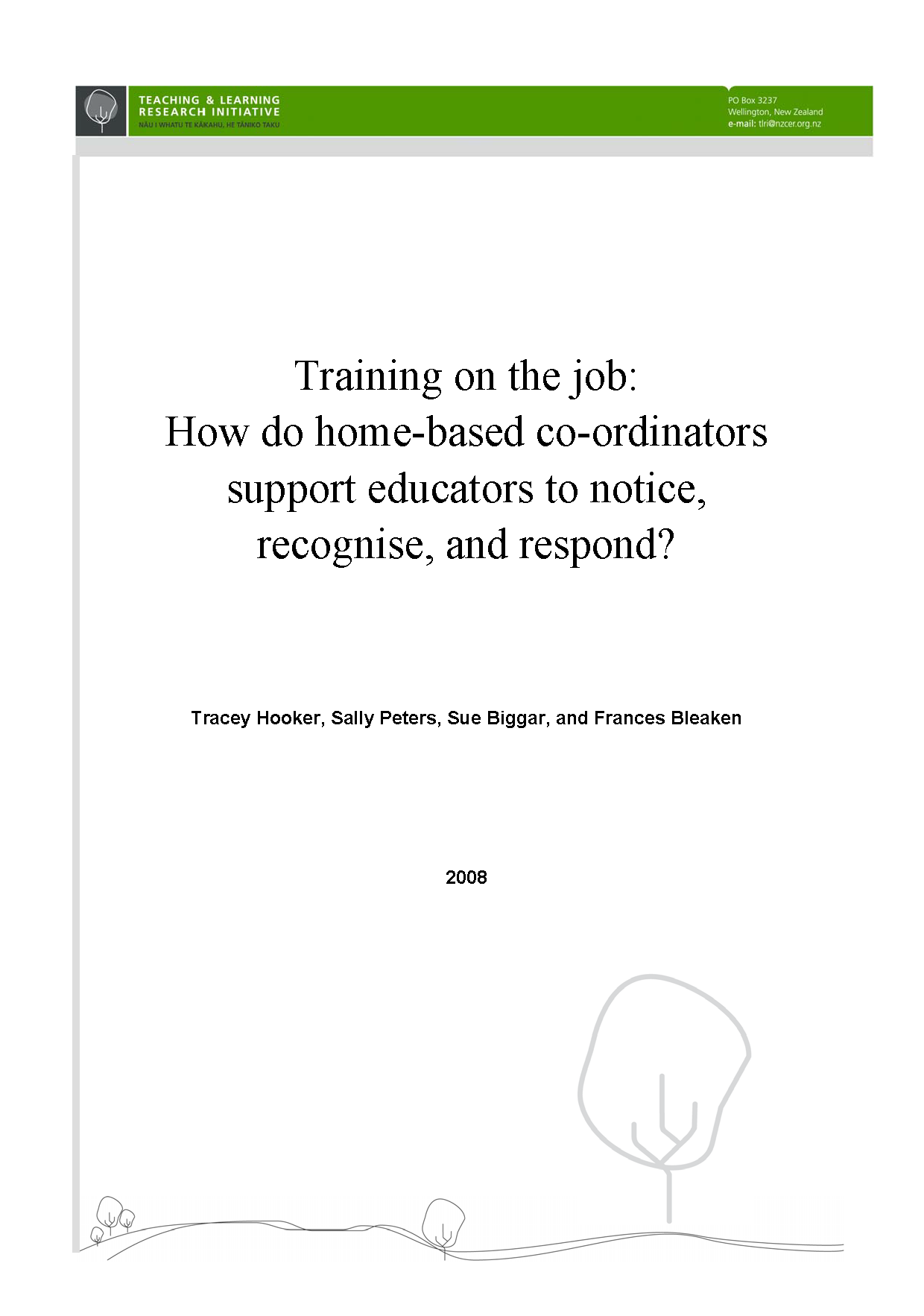
Porous learning: what do families and schools need to know and do about learning@home in a digital environment to enhance children’s literacy?
Introduction School students increasingly use digital technologies at home to enhance learning and bridge the school– home divide. The porous learning project was designed to explore the factors that both enabled learning and created barriers to learning at home for students in a low socioeconomic community using the digital learning environment, which we refer to as learning@home. The study investigated ways to inform families and schools, and also equip them with strategies to enhance children’s literacy within a digital learning environment at home. The term digital learning environment (DLE) describes technology used to enhance learning; for example, netbooks, the internet, blogs. A key motivation for the project has been a growing



